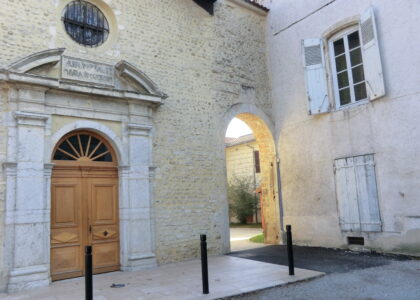Welcome to Frankenmuth, Michigan, often referred to as “Little Bavaria.” This charming locale was founded in 1845 by a group of 15 German Lutheran immigrants led by Reverend August Craemer. These settlers, hailing from the Franconia region of Bavaria, embarked on a journey fueled by faith and courage, aiming to establish a community in the New World that mirrored their homeland’s traditions and religious values.
Upon arriving in Michigan, the settlers purchased 680 acres of land along the Cass River, an area reminiscent of their native Mittelfranken. The community’s name, ‘Frankenmuth,’ combines ‘Franken’ (referring to Franconia) and ‘Muth’ (meaning courage), symbolizing the bravery of these early pioneers. Their primary objective was to evangelize the Native American populations, but they also built a robust community centered around their Lutheran faith.
One of the first structures they erected was a church, which doubled as a school and parsonage, named St. Lorenz after their mother church in Germany. By 1854, the burgeoning settlement had already organized itself as a township, reflecting the settlers’ commitment to building a structured community.
Over the years, Frankenmuth grew, becoming a village in 1904 and later a city in 1959. Its Bavarian heritage is preserved through its architecture, festivals, and community events, such as the Bavarian Festival and Oktoberfest, attracting visitors from near and far.
A notable figure in Frankenmuth’s history is William Zehnder, who, along with his wife Emilie, purchased the Exchange Hotel in 1928, transforming it into Zehnder’s Restaurant. The restaurant became a cornerstone of Frankenmuth’s hospitality industry, renowned for its family-style chicken dinners. The Zehnder family played a significant role in shaping Frankenmuth’s tourism sector, alongside Wally Bronner, who founded Bronner’s CHRISTmas Wonderland, further enhancing the city’s Germanic charm.
Today, Frankenmuth is a thriving community that continues to honor its heritage while embracing modernity, making it a beacon of German culture in the Midwest. As you explore this unique city, imagine the early settlers forging a new life with courage and faith, laying the foundations for the vibrant community you see today.





